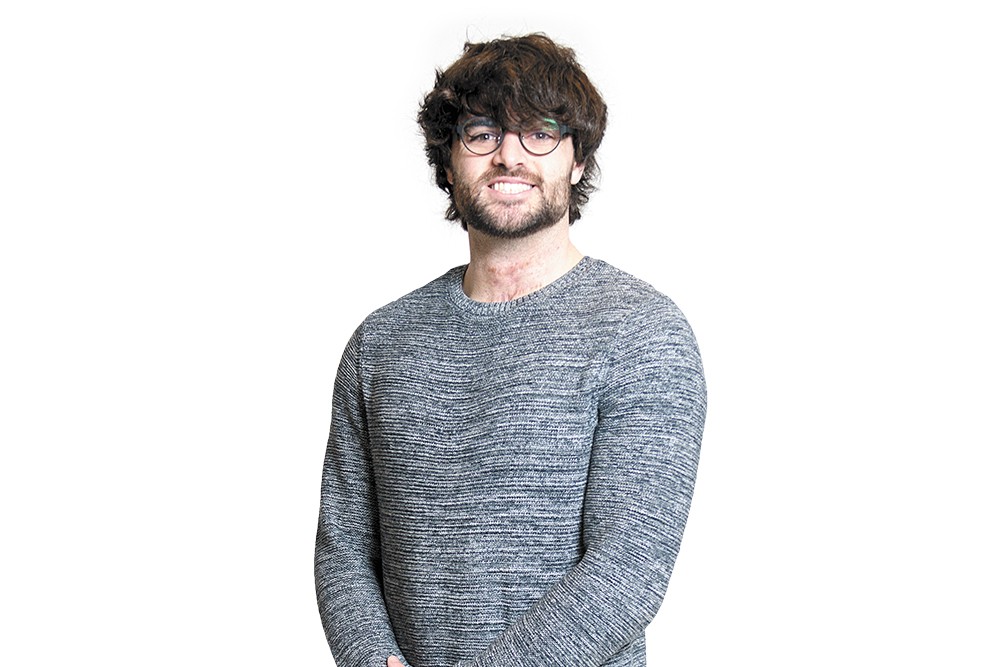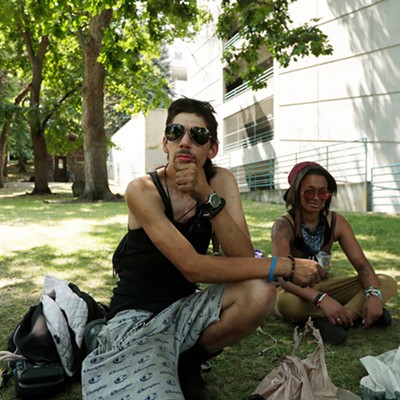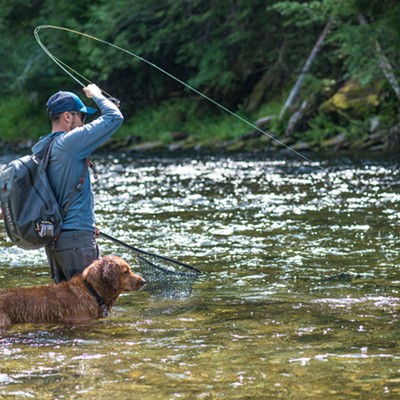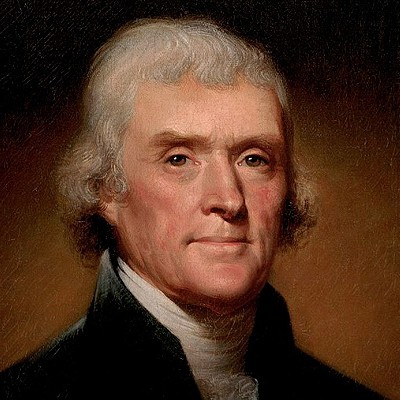Just out of college, Coeur d'Alene native Justin Wilder Doering decided to start a nonprofit called Fifty Sandwiches. The goal was to humanize the homeless. To do so, he toured the country in his van, finding people experiencing homeless who wanted to tell their story.
The nonprofit project is now releasing a book Fifty Sandwiches: Humanize the Homeless, featuring the stories Doering captured on his 14,000-mile, 105-day journey.
Here, he shares his thoughts on the project. This interview has been edited for length and clarity.
INLANDER: Why is your nonprofit called Fifty Sandwiches?
DOERING: The original intent of the project was to come up to a homeless person and ask them if they want to share a meal. And the idea I originally had was this intimate discussion between two strangers. And that's where the sandwiches came from. I quickly learned that if someone's in a long-term shelter or program, they can't really leave. And if I'm doing an interview on the street, they have all their things right by them, and they can't exactly just leave. So I ended up purchasing like four sandwiches throughout the entire project. So at this point, the title has little meaning. But I think that just goes to say don't judge a book by its cover, which is very much what the book is about.
Did you find any commonalities among the people you talked to?
They were all, you know, absolutely unique. I think the one thing they had in common, and I actually mentioned this in the book, is the final question I asked for every interview: If you could say one thing about the homeless experience to society, what would it be? I would argue that all their answers came down to the simple sentiment that "we are people and it can happen to you." I think many people don't exactly realize the fine line that separates themselves from the lives of the people that they ignore on the street every day.
When the issue of homelessness is discussed, there are often those who are more sympathetic — some would argue too much — and those who maybe see homeless people as criminals. Where were you going into this project and did you come away feeling differently?
I don't think I came into it personally with either — if anything more on the sympathetic side. But I was trying to be more empathetic than sympathetic. With that said, I definitely interviewed people you might consider bad people, but, I mean, they're people. I had some strong disagreements with the way they live their lifestyle, but I think that I presented them in an articulate and honest way so that you might be able to empathize.
What do you hope people take away from this?
I hope for people to connect and maybe find a slice of their struggles they might be able to empathize and see, "OK, wow, I can find myself in that situation as well." I hope that I'm going to leave people with more questions than answers by the time they finish the book. ♦























